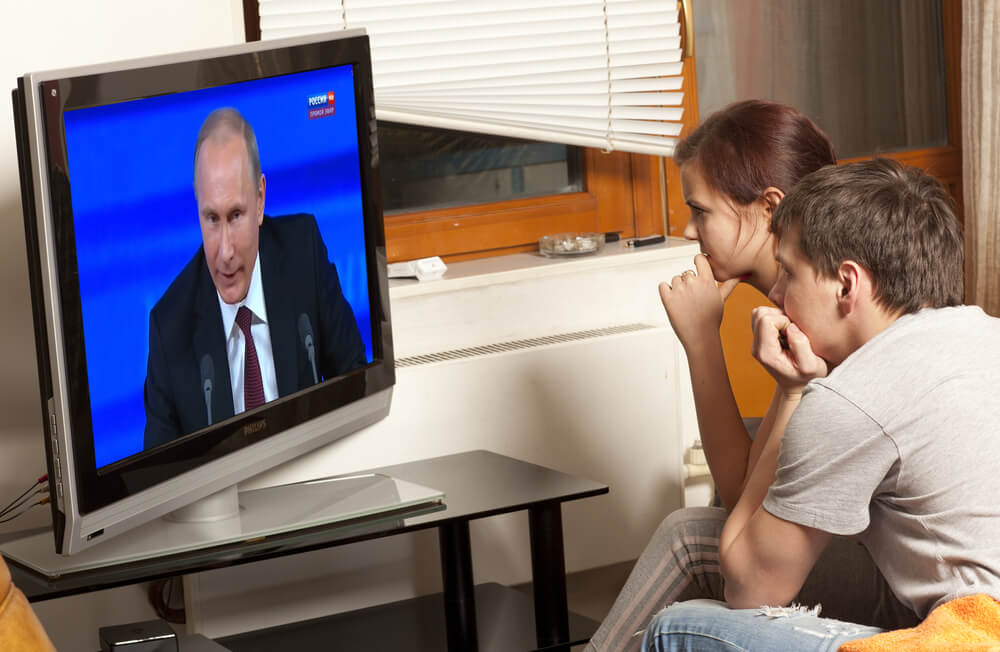When the age of communication started (pick your time, but I think it was when we started sending print by telephone in the form of a fax), it was thought that dictators would fall, and democracy would be reinvigorated.
The first big disappointment was Saudi Arabia. When the Saudis began to get uncensored news and information, it was believed that the grip of the royal family and its extreme religious allies would be loosened. It did not happen. Instead, Saudi Arabia was spurred to use its oil wealth to push conservative Islam around the globe, especially in places where it was present but could be radicalized, including Pakistan and Bangladesh. They poured their money into madrassas — religious schools — that preached the Wahhabism, a strict and puritanical interpretation of Sunni Islam.
When Iran, a majority Shia country, was under the dictatorial thumb of the shah, it was thought that the Iranians, a sophisticated people with an ancient and proud history, would be liberalized by the flow of Western, secular ideas. These ideas came into the country through the presence of visitors and contractors, and a liking for movies and television.
Fax transmission was important in the spread of ideas in Iran. But the faxes that had an effect were not those preaching democracy but those coming from an old Shia cleric living in exile in a village outside Paris, Ayatollah Ruhollah Khomeini. He used the fax to push the Islamic Revolution.
People ask me why, when the mainstream media daily points up President Donald Trump’s failures and transgressions, his supporters are unmoved, disdaining what is being revealed in favor of what they want to believe. They believe in Trump and they believe in his courtiers at Fox News Channel and on talk radio.
People do not react to raw information but, rather, to information that sits well with them for other reasons: what they are predisposed to believe.
Rupert Murdoch, the boss of Fox News, has had a genius, a real genius, for corralling those who felt ignored by society. He did it in Britain with his hugely successful tabloid newspaper, The Sun, and he has done it here with Fox News. In Britain and in the United States, he found and exploited a nativism that both countries had forgotten they had.
Fox News did not invent Trump; instead, the shoe fit. In Britain, The Sun did not invent Brexit. But when it came along, The Sun was ready to lead the charge — and it did.
How we react to the news depends on our involvement with it in tertiary ways. If you were already convinced of British exceptionalism, you would move toward the hostility to Europe expressed in The Sun. If you think immigrants take jobs, speak strange languages and are usurping our Americanism, you will be gung-ho for Trump’s southern border wall.
In the 1990s you could find, and I did, from Nicaragua to Zimbabwe, old-line communists lamenting the fall of the Soviet Union. They argued that it had not been given a chance. These people really believed that all that was wanted was more of what did not work.
If you are a Trump supporter, you are genuinely amazed that the mainstream media cannot see that what he is doing is great. Democrats and renegade Republicans, like columnist George Will, can find nothing, absolutely nothing, good in the Trump presidency.
People, including AOL founder Steve Case, talked idealistically about the internet in the days when it was getting going as the great, new democratic tool; a boon to global democracy. Wrong. If anything, it stirred up a destructive nationalism.
Information, I have noticed as a journalist who has worked on three continents, does not necessarily shape political opinion.
Political opinion tends to find the media that agree with it, not the other way. But after the two have mated, media can inflame its public partner. Good for two-party rivalry, but not for elucidation.
Photo: LAN-UDE, RUSSIA – FEBRUARY 20: Young family watching Russian President Vladimir Putin on TV on February 20, 2015 in Ulan-Ude. Editorial credit: Andrey Burmakin / Shutterstock.com

 Follow
Follow
This is for Llewellyn King in a follow up on her article of “Can you mourn a building? Yes, if it’s Notre Dame.”
Two years ago I took my daughter to Paris and of course one of our first stops was to see Cathedral of Notre Dame and attend mass. My daughter posted on her Facebook page I think the most eloquent short comment about the tragedy that had unfolded in front of the world and for those of us who were so blessed to visit and feel the aura of being in this magnificent Cathedral before it burnt.
“Once you’ve been here and feel the history and smell the incense and hear the echoes and touch the cold stone you never forget. France’s loss today is felt by many across the world.”
Cathedral of Notre Dame will be rebuilt BUT it will never be the same.
I enjoyed your article but I felt I had to respond.
Thank you.
Anne Holden